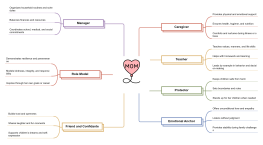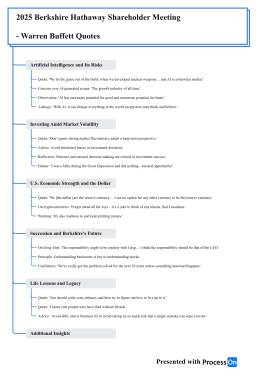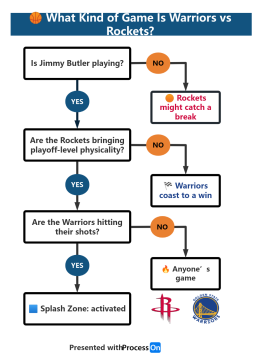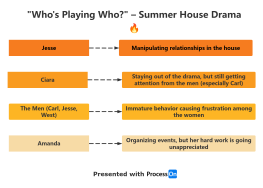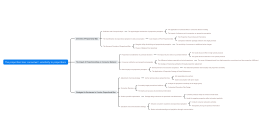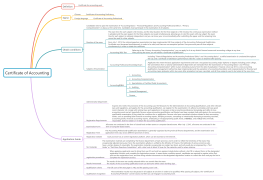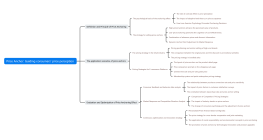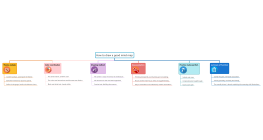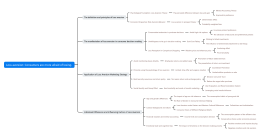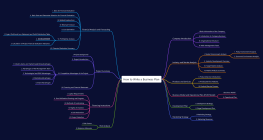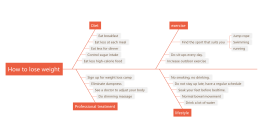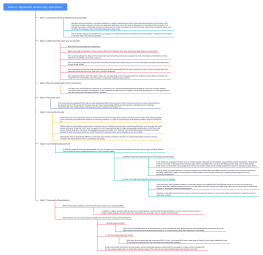Mental Accounting: How Consumers Divide Their Expenses
2024-09-26 10:56:31 186 3 Report 0
0
Login to view full content
This mind map explores the intricate concept of mental accounting, a theory that examines how consumers mentally categorize and manage their expenses. Unlike traditional economic accounting, mental accounting delves into the psychological mechanisms influencing budget control and decision-making. It categorizes expenses into distinct accounts such as fixed expenses, hedonic expenditures, and emergency reserves. The map also highlights the impact of mental accounting on consumer behavior, including budget allocation, perceived value, and decision bias. Furthermore, it offers strategies for optimizing mental account management, emphasizing the importance of rational decision-making and fostering a healthy consumption mindset.
Other creations by the author
Outline/Content
The basic concept of mental accounting
Definition and Origin
The birth of mental accounting theory
The difference from the traditional accounting in economics
Mechanism of action
Categorized Storage and Budget Control
Emotional factors and decision-making impact
Types of Mental Accounts
Fixed Expense Account
Mortgage Loans and Educational Investment
Consumption of daily necessities
Hedonic expenditure account
Travel and entertainment expenses
Luxury shopping
Emergency Reserve Account
Medical and health insurance
Emergency Response
The Impact of Mental Accounting on Consumer Behavior
Budget Allocation and Priority Setting
Balancing long-term planning with short-term gratification
Fund flows between different accounts
Perceived Value and Decision Bias
The Impact of Psychological Pricing Strategies
Analysis of Irrational Consumption Behavior
Mental account adjustment and adaptability
Account adjustments during income changes
The impact of life events on mental accounts
Strategies for Optimizing Mental Account Management
Build a clear account system
Categorization is clear, and boundaries are distinct.
Regularly review and adjust
Enhance rational decision-making ability
Identify and avoid psychological traps
Decision Support Based on Data Analysis
Cultivate a healthy consumption concept
Live within your means and consume rationally.
Focus on long-term value and avoid short-term temptations.
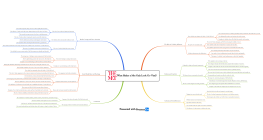
Collect
0 Comments
Next page
Recommended for you
More

